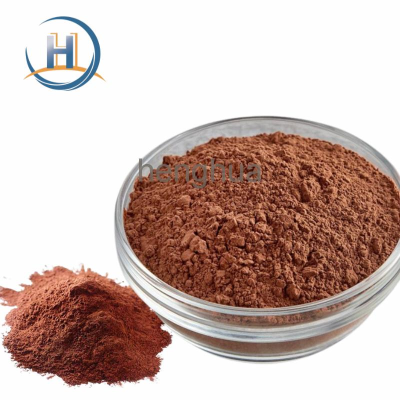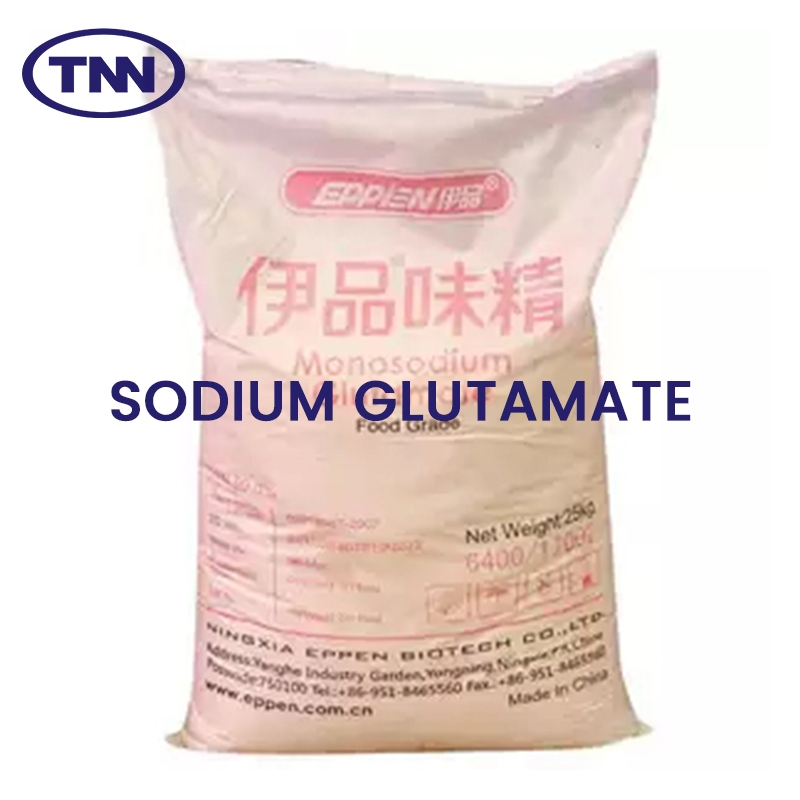-
Categories
-
Pharmaceutical Intermediates
-
Active Pharmaceutical Ingredients
-
Food Additives
- Industrial Coatings
- Agrochemicals
- Dyes and Pigments
- Surfactant
- Flavors and Fragrances
- Chemical Reagents
- Catalyst and Auxiliary
- Natural Products
- Inorganic Chemistry
-
Organic Chemistry
-
Biochemical Engineering
- Analytical Chemistry
-
Cosmetic Ingredient
- Water Treatment Chemical
-
Pharmaceutical Intermediates
Promotion
ECHEMI Mall
Wholesale
Weekly Price
Exhibition
News
-
Trade Service
"I have eaten more salt than you have eaten" I believe many people have heard this sentence, in addition to expressing rich experience, this sentence also reflects most people's heavy salt eating habits
.
.
Salt is our daily life indispensable condiment , eat salt but not trivial
.
High salt has many hazards, and it is one of the causes of hypertension , heart disease, and cardiovascular disease
.
Today, let Jiangxi Provincial Market Supervision Bureau team of experts to talk about with your salt reduction that thing is
.
.
High salt has many hazards, and it is one of the causes of hypertension , heart disease, and cardiovascular disease
.
Today, let Jiangxi Provincial Market Supervision Bureau team of experts to talk about with your salt reduction that thing is
.
How much salt should you eat
The "Healthy China Action Plan (2019-2030)" and the salt reduction call issued by the World Health Organization (WHO) advocate a reasonable diet.
Healthy adults should consume no more than 5g of salt per day, which is about the amount of a beer bottle cap
.
According to statistics, the per capita daily salt intake of Chinese residents in 2020 is 9.
3 grams, far exceeding the WHO recommended intake
.
Healthy adults should consume no more than 5g of salt per day, which is about the amount of a beer bottle cap
.
According to statistics, the per capita daily salt intake of Chinese residents in 2020 is 9.
3 grams, far exceeding the WHO recommended intake
.
Why salt reduction
Salt is the "first of a hundred flavors", and its main ingredient is sodium chloride
.
The sodium ions and chloride ions it provides maintain the osmotic pressure and acid-base balance of the extracellular fluid, and are important participants in maintaining life activities
.
But too much "salt" must be lost
.
A high-salt diet will increase the heart load.
High sodium intake (>2 g/day, equivalent to 5 grams of salt per day) and insufficient potassium intake (less than 3.
5 grams per day) can lead to high blood pressure
.
The World Health Organization (WHO) pointed out that an adult's daily salt intake of less than 5g can help reduce the risk of hypertension, cardiovascular disease, stroke and coronary heart disease
.
.
The sodium ions and chloride ions it provides maintain the osmotic pressure and acid-base balance of the extracellular fluid, and are important participants in maintaining life activities
.
But too much "salt" must be lost
.
A high-salt diet will increase the heart load.
High sodium intake (>2 g/day, equivalent to 5 grams of salt per day) and insufficient potassium intake (less than 3.
5 grams per day) can lead to high blood pressure
.
The World Health Organization (WHO) pointed out that an adult's daily salt intake of less than 5g can help reduce the risk of hypertension, cardiovascular disease, stroke and coronary heart disease
.
Misunderstanding of Salt Reduction
1.
Is it enough to reduce the salt added during cooking?
Is it enough to reduce the salt added during cooking?
Salt reduction is not as simple as "pouring a spoonful of salt", but also pay attention to "hidden" salt
.
Condiments such as soy sauce and monosodium glutamate and high-salt foods such as biscuits, pickles, preserved foods, and cooked meat products
.
Therefore, salt reduction also needs to pay attention to reducing the intake of salt from various pre-packaged foods and processed foods
.
.
Condiments such as soy sauce and monosodium glutamate and high-salt foods such as biscuits, pickles, preserved foods, and cooked meat products
.
Therefore, salt reduction also needs to pay attention to reducing the intake of salt from various pre-packaged foods and processed foods
.
2.
Are high-salt foods salty?
Are high-salt foods salty?
Many processed foods very deceptive, such as snacks, cooked food on the taste
.
It tastes sweet, but the salt content is very high
.
Because the rich taste of sugar, acid and other auxiliary materials will mask the salty taste of table salt
.
Therefore, consumers should carefully check the sodium content in the nutrition label when purchasing products.
The conversion formula is: salt content (mg) = sodium content (mg) x 2.
5
.
.
It tastes sweet, but the salt content is very high
.
Because the rich taste of sugar, acid and other auxiliary materials will mask the salty taste of table salt
.
Therefore, consumers should carefully check the sodium content in the nutrition label when purchasing products.
The conversion formula is: salt content (mg) = sodium content (mg) x 2.
5
.
3.
Do children need to control salt intake?
Do children need to control salt intake?
Salt intake has an important effect on children
.
Children’s kidneys are immature and unable to excrete too much sodium in the blood.
It is difficult to recover the effects of excessive salt intake on the kidneys
.
Often the younger the age, the deeper the injury
.
At the same time, high salt content will affect the absorption of calcium and zinc in children's blood and affect normal growth and development
.
.
Children’s kidneys are immature and unable to excrete too much sodium in the blood.
It is difficult to recover the effects of excessive salt intake on the kidneys
.
Often the younger the age, the deeper the injury
.
At the same time, high salt content will affect the absorption of calcium and zinc in children's blood and affect normal growth and development
.
4.
Can low-sodium salt be eaten freely?
Can low-sodium salt be eaten freely?
From the composition point of view, compared with ordinary sodium salt, low-sodium salt contains low sodium (about 70% sodium chloride), rich in potassium (about 30% potassium chloride), and has a lighter salty taste
.
But you must not increase the amount of low-sodium salt just because you want to increase the saltiness
.
Low-sodium salt can only play its role when it replaces ordinary table salt and the total amount is still not high
.
Heavy physical workers, high-temperature workers, athletes, etc.
who have been working under hot and humid conditions for a long time will take away part of the sodium along with the large loss of sweat; secondly, patients with kidney disease who cannot excrete excessive potassium due to impaired potassium excretion function of the kidneys may not consume low sodium salt
.
.
But you must not increase the amount of low-sodium salt just because you want to increase the saltiness
.
Low-sodium salt can only play its role when it replaces ordinary table salt and the total amount is still not high
.
Heavy physical workers, high-temperature workers, athletes, etc.
who have been working under hot and humid conditions for a long time will take away part of the sodium along with the large loss of sweat; secondly, patients with kidney disease who cannot excrete excessive potassium due to impaired potassium excretion function of the kidneys may not consume low sodium salt
.
Author: Chen Jun, School of Food Science, Nanchang University







